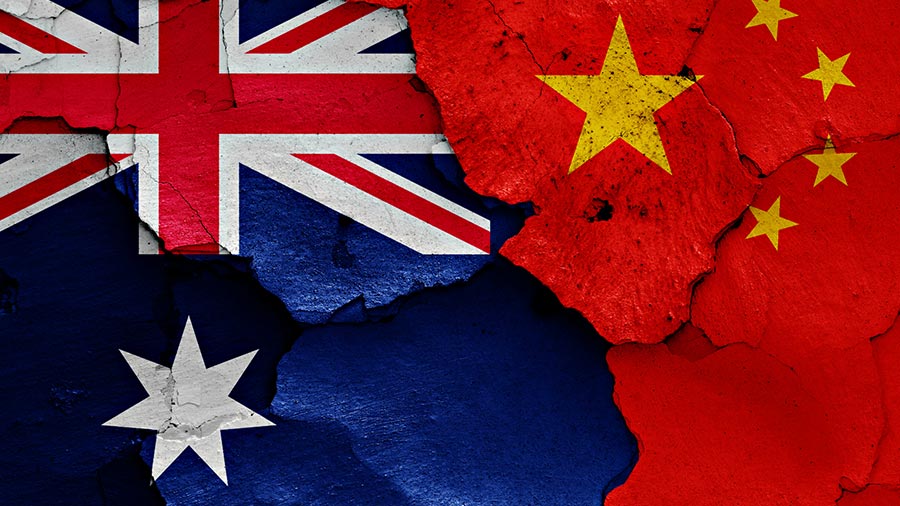Keep It Quiet Bruce, But Despite The Political Noise, Investment Into Australia From China And Hong Kong Has Been Increasing
RCEP is taking off and will provide significant trade opportunities for Australian exporters to Asia
Lost amongst all the current Australian political bellicosity towards just about anyone not American these days, data from Q4 2021, compiled by Asian Investment Research shows that despite the political noise, investment flows from China and Hong Kong to Australia increased both in volume and in total amounts during the last quarter of 2021.
Seven deals were recorded, with the two largest in real estate (totaling US$580 million) by Hong Kong based REITs. There were also two lithium deals, one for the acquisition of a Zimbabwe mine owned by Australian shareholders and one for the purchase of a small minority stake in another Australian lithium miner. Finally, there were 3 investments in tech, consumer and games where Chinese investors provided small amounts of growth capital.
In fact, China and Australia have grown closer in trade terms in 2022 – both are members of the Regional Comprehensive Economic Partnership (RCEP) free trade agreement, which came into effect from January 1st this year. The larger, REIT deals are in anticipation that certain property sectors in Australia can be expected to yield significant returns, while the lithium acquisitions will be related to China’s burgeoning EV vehicle sector and rechargeable batteries. The smaller investments are all linked to opportunities in Australia’s consumer market.
For Australia, RCEP represents significant opportunities, with the China and Hong Kong investments illustrating how investors are already making inroads to take advantage. Australian businesses should be assessing the same. The Australian government sums up the main benefits to Australian businesses as being:
- One set of rules for accessing lower tariffs in any of the 15 RCEP markets
- New trade opportunities in telecommunications, professional and financial services
- Improved processes for tackling non-tariff barriers such as customs procedures
- Greater investment certainty
- New rules on eCommerce to make it easier for businesses to trade online
- A common set of intellectual property rules
- A new rule of origin agreement to boost Australian inputs in production chains
There are significant opportunities in the Covid era too, and especially given the RCEP’s emphasis on Digital Trade.
The RCEP agreement will help to remove and reduce the traditional barriers Australian manufacturers and brands faced with growing their businesses beyond Australia’s borders, while allowing them to be more competitive as they enter new markets with better pricing and ease of delivery.
There will be increased eCommerce activity from Australian producers looking to go direct to consumer in countries where they were typically reliant on distribution partners and third parties to enable trade.
![]() The upcoming February issue of Asia Investment Research, which documents Q4 2021 Asian investment inbound and outbound flows can be reserved here.
The upcoming February issue of Asia Investment Research, which documents Q4 2021 Asian investment inbound and outbound flows can be reserved here.
Australian businesses looking to access the China market can download the complimentary ‘Doing Business in China 2022’ publication here and for the ASEAN market, ‘Doing Business in ASEAN 2022’ here.
Related Reading
About Us
Chris Devonshire-Ellis is the Chairman of Dezan Shira & Associates. The firm assists British and Foreign Investment into Asia and has 28 offices throughout China, India, the ASEAN nations and Russia. For strategic and business intelligence concerning China’s Belt & Road Initiative please email silkroad@dezshira.com or visit us at www.dezshira.com






